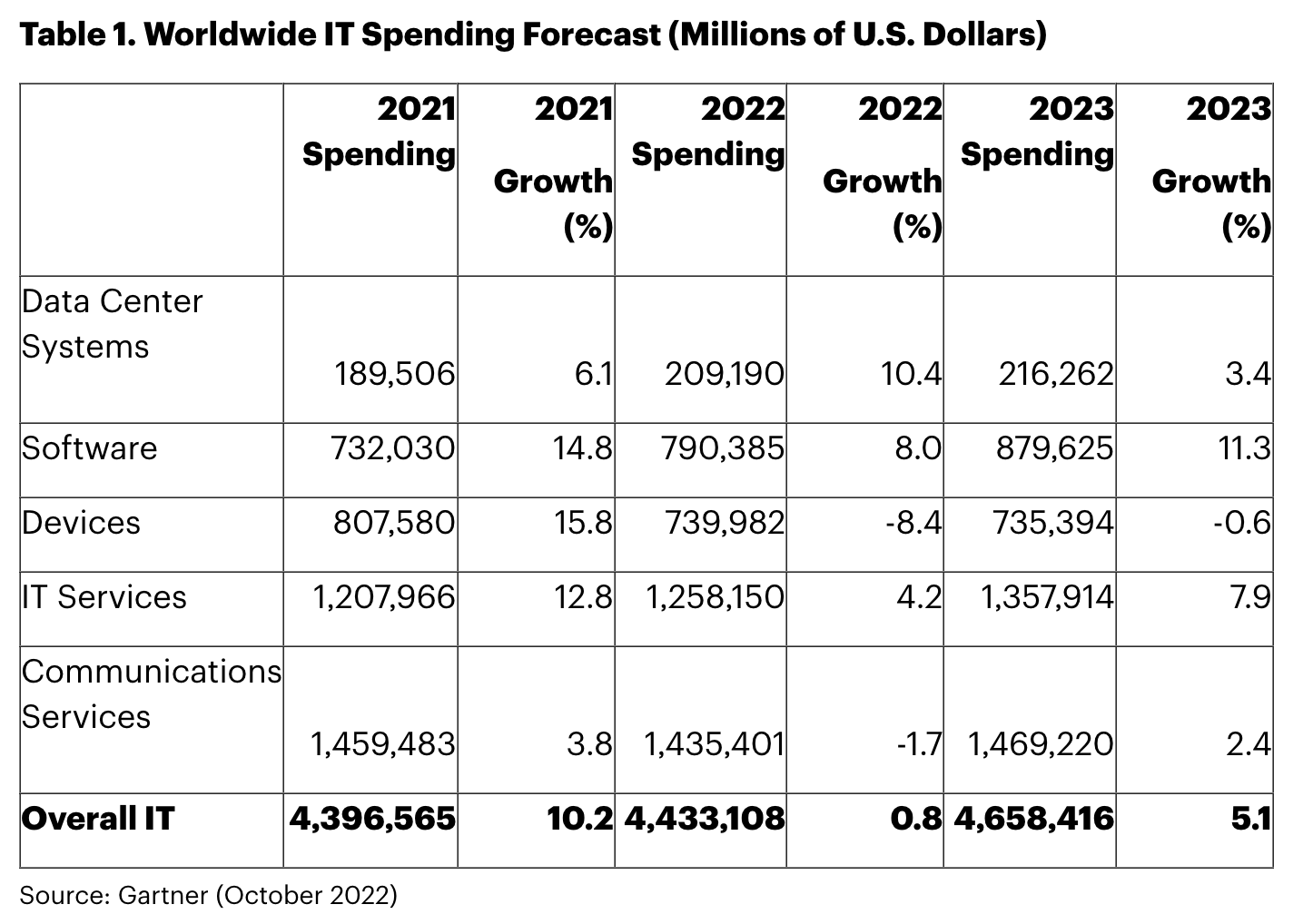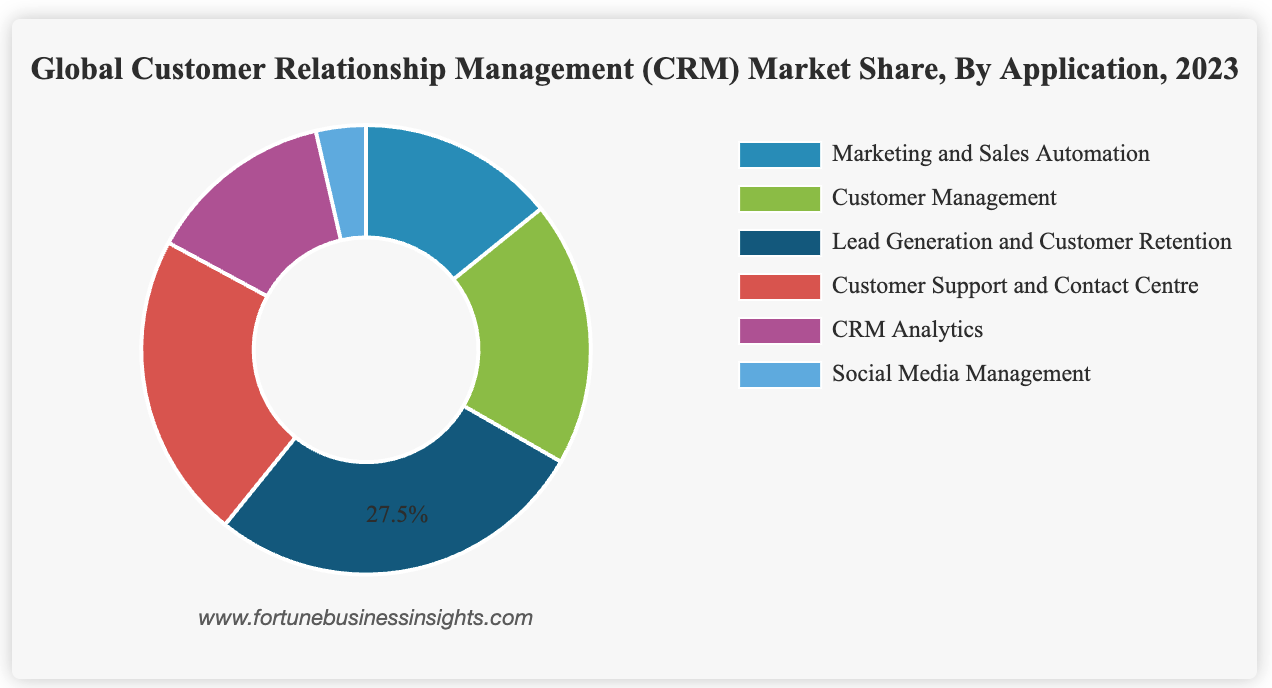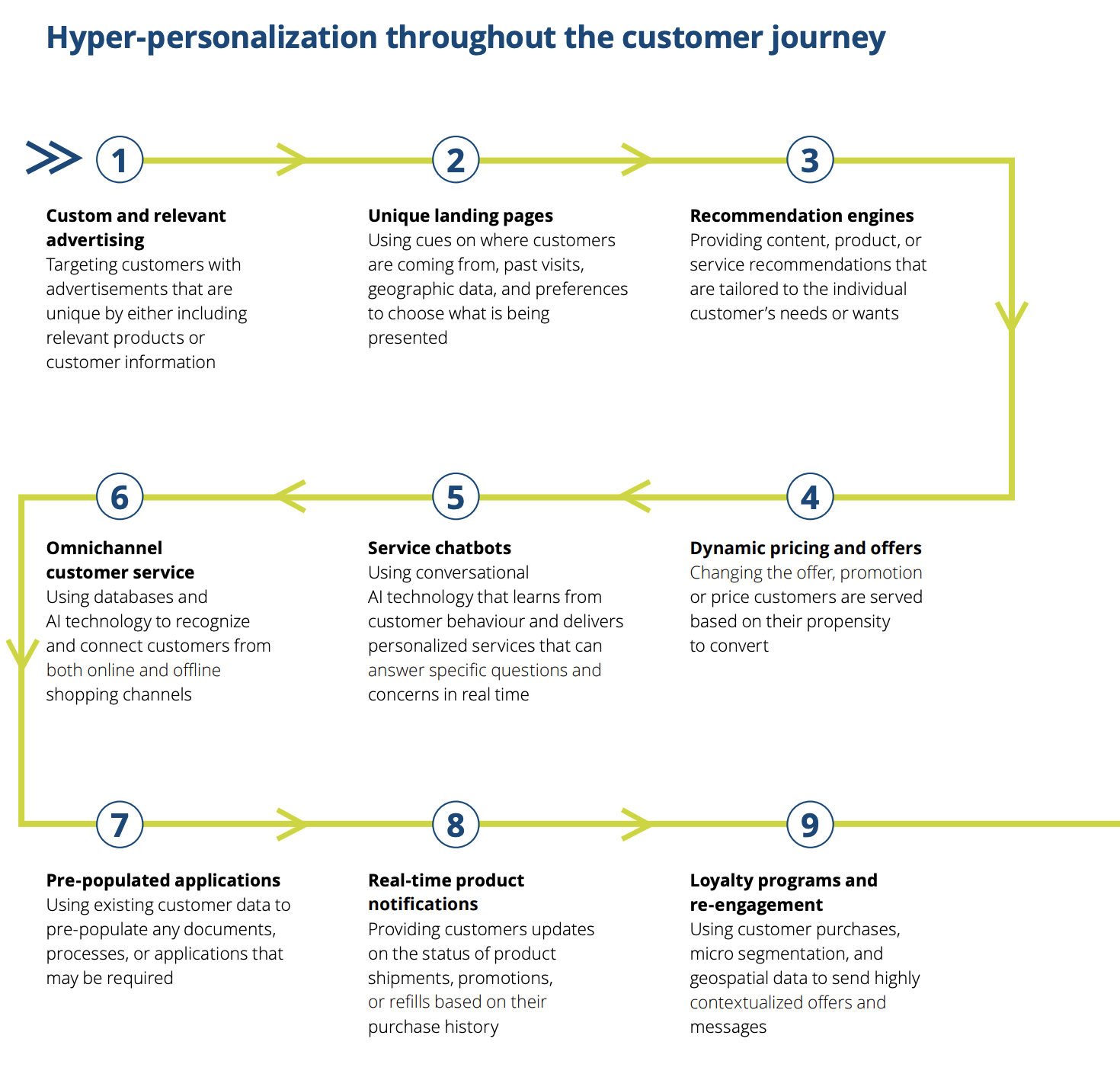Discover folk - the CRM for people-powered businesses
Why CRM statistics matter in 2025
Looking for some impressive CRM statistics to build a business case for a shiny new CRM tool – or looking for a reason to keep your existing CRM? As businesses increasingly rely on Customer Relationship Management (CRM) systems to improve customer interactions and drive growth, understanding the current trends and data is crucial whether you're in leadership, growth marketing, or sales.
With folk CRM, these statistics populate your dashboard automatically, without any manual reporting.
For sales and marketing teams of 20-50 people, this automation is particularly valuable as it eliminates the time-consuming manual reporting that often bogs down medium-sized teams.
Tip: Automate reporting in your CRM to save hours every week and keep dashboards current.
👉🏼 Try folk now to turn 2025 CRM stats into an auto-updating dashboard without manual reporting
Key findings
A few trends we've picked up from these statistics suggest that:
- The CRM software market is booming around the world, thanks to an increasing trend with businesses turning to a CRM to help increase their conversion rate and retain loyal customers.
- Instead of team-specific CRMs, an all-in-one CRM that can support multiple business functions is top of everyone's list. Especially, one that can help small and large businesses provide great cusotmer experience and supports their marketing and sales professionals.
20 CRM statistics you need to know in 2025
Below we've rounded up some CRM trends with a focus on the US, Europe and UK.

- In a study by Capterra, 45% of businesses said their sales revenue improved by using effective CRM software.
- And 83% of SMBs cited customer relationship management software as both moderately and very effective in helping them achieve their marketing goals.
- 20% of CRM users switched CRM systems because they found their CRM not user-friendly.
- 30% found their CRM tools inefficient.
- Sales automation is the most requested feature by buyers. 98% of buyers has marked the following as an important CRM feature: contact management, sales pipeline management, lead management and workflow management.
- 65% of businesses started using a CRM within the first five years of starting their business.
- And 50% of CRM projects fail because of a lack of cross-functional coordination.
- In terms of overall CRM usage, Europe is one of the top regions in CRM adoption with a 85.7% adoption rate. America follows second largest with a 83.6% adoption rate.
- And 99% of B2B use CRM for customer retention.
- According Gartner, CRM technology will account for most of the $686 billion in global enterprise software spending projected in 2023.
- One of the top motivations for CRM implementation is to scale sales. 69% of organizations said their top market priority is to convert leads into loyal customers.
- 47% of CRM users say that CRM system has a tremendous and massive impact on customer satisfaction.
- CRM usage has improved the quality communication between sales reps and account executives by 56.9%.
- A CRM platform can boost revenue by 29% increase forecasting accuracy by 32% and productivity by 40%.
- Deloitte's report suggests that data has become central to business strategy and decision-making – and is especially important for hyper personalization. Which is why it's crucial for organizations to use CRM platforms.
- 82% of marketing professionals reported higher opening rates for personalized promotion emails.
- 97% of sales teams in the US and Canada say that their CRM system is important or very important in closing deals.
- The global CRM industry is forecast to grow to $57 billion in size by 2025.
- In the UK, there is an industry-specific CRM market share. Professional services claim the largest market share in industry-specific CRM, with almost 30% of the CRM market
- The CRM revenue has been forecast to increase to a total of £1.9 billion in the UK between 2024-2028.



Deloitte's report suggested that brands need to look for more efficient ways to interact with customers earlier on in their journey, and that hyper-personalization should be in place at every step of the customer journey. It also highlights how digital, data first and direct-to-consumer brands penetrate marketplaces continue to lead the way. Leaving behind traditional marketing and business models.
Where CRMs still face barriers
User-friendliness is one of the ultimate sacrifices for most all-in-one CRMs that pack a powerful punch such as HubSpot and Salesforce. But for medium-sized sales and marketing teams of 20-50 people who are time and budget conscious, this sacrifice is one to avoid. Especially if they can't afford to have several days worth of training for their team to get set up. For teams of this size, folk CRM stands out as the ideal solution, offering enterprise-level functionality with the user-friendliness that allows teams to start seeing results immediately without extensive onboarding.
👉🏼 Try folk now to adopt a user-friendly, all-in-one CRM your team can start using in minutes
Fortunately, there are all-in-one CRMs out there such as folk that can help small teams and large, become effective sales organizations and is lightweight enough to get around fast.
How folk can help with personalization across sales and marketing teams
From personalized marketing campaigns and sales outreach, to digital marketing, fundraising and recruitment needs. For sales and marketing leaders managing teams of 20-50 people, folk CRM is the perfect all-in-one solution that can help scale operations efficiently while maintaining the personalized touch that drives results.
Key features of folk's all-in-one CRM platform
- User-friendly design: folk is loved by users thanks to its Notion-like experience, which allows teams to start using it right away.
- Multiple business function support: Support for multiple channels across different teams including marketing, sales, recruitment, fundraising and more.
- Sales and marketing features: Including pipeline management, contact management, sales cycle Kanban board and collaborative databases to help with sales forecasting accuracy.
- Artificial intelligence: 'Magic Field' is folk's AI feature that uses the information you have in your database to help you save time personalizing emails en masse.
- Social media tools: folk comes with free Chrome extensions that can send the leads you've generated on LinkedIn directly into your CRM to save you time from manual data entry.



Conclusion
From the statistics above, one message is loud and clear. CRM adoption rates are on the rise, perhaps unsurprisingly with the push for hyper-personalization across all your touch points. A good CRM is useful for cross-functional collaboration between sales, customer service and marketing teams. An effective CRM system should have multiple use cases be able to help you nurture those important customer relationships and be user-friendly – on top of helping you keep an eye on your customer support to provide great customer experience consistently, interaction tracking, sales process, sales forecasting, pipeline management, email marketing, customer data.
If you're looking for a CRM that can help your sales representatives convert customer interactions, enhance your customer experience and automate that manual data entry process. folk happens to be an all-in-one CRM that can serve multiple business functions and give every team that personalized experience they deserve. Try folk today, free.
More resources
New to the market? Looking for CRM solutions to compare? Check out some resources below.
- The ultimate guide to CRMs for SMBs (For an overview of every CRM benefits including Zoho CRM, folk, and other sales CRM)
- The modern sales stack for SMBs
FAQ
What is CRM in statistics?
CRM in statistics means the metrics that quantify customer relationship management performance: revenue uplift, conversion rate, retention/churn, pipeline velocity, forecast accuracy, win rate, and productivity. These KPIs show CRM's impact on growth.
What is the CRM market outlook for 2025?
The global CRM market is projected to reach about $57B in 2025. Adoption is strong in Europe (~86%) and the Americas (~84%). Growth is driven by sales automation, data‑driven personalization, and user‑friendly, all‑in‑one platforms.
Why do CRM projects fail?
Top cause: lack of cross‑functional coordination (≈50%). Others: poor usability, inefficient workflows, dirty data, and limited training. Mitigate with clear ownership, simple processes, role‑based enablement, and measurable goals.
What are best practices to increase CRM adoption?
Align teams on shared processes, keep data clean, and automate repetitive tasks. Choose a user‑friendly all‑in‑one CRM, provide role‑based training, and track usage and outcomes to iterate.
Discover folk CRM
Like the sales assistant your team never had


